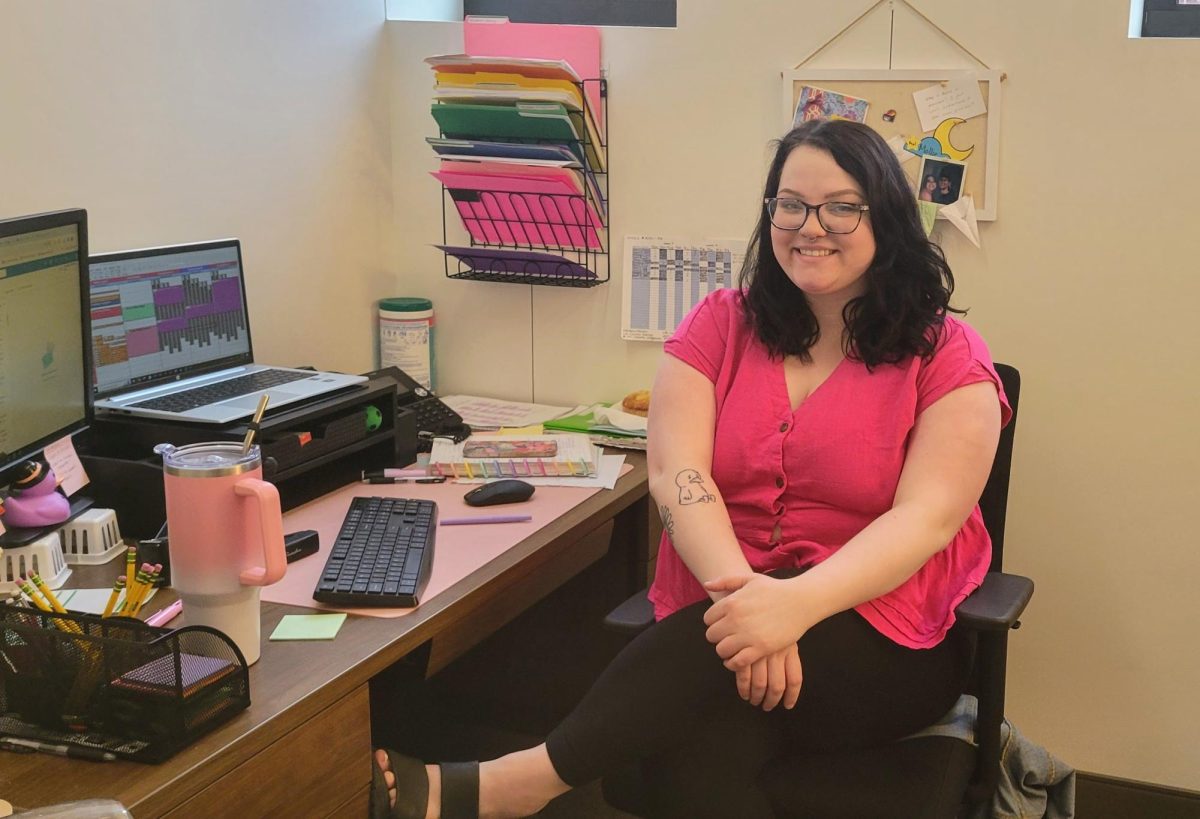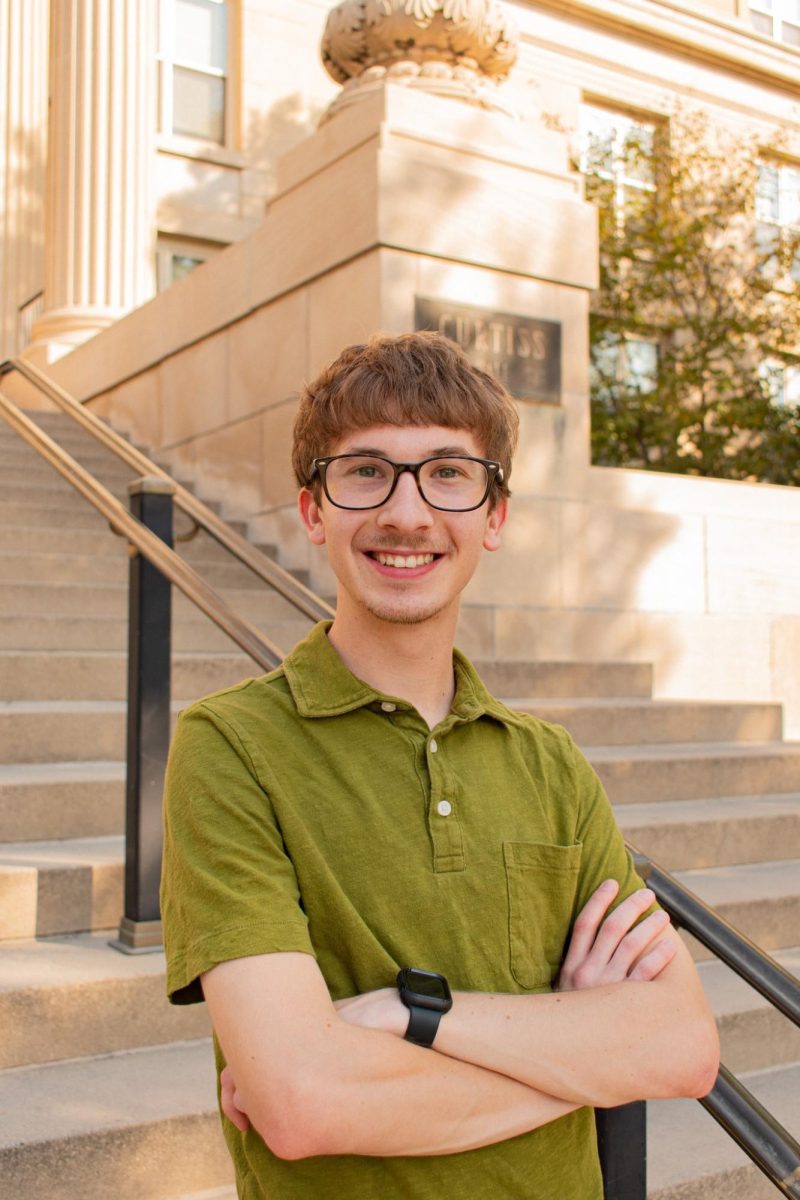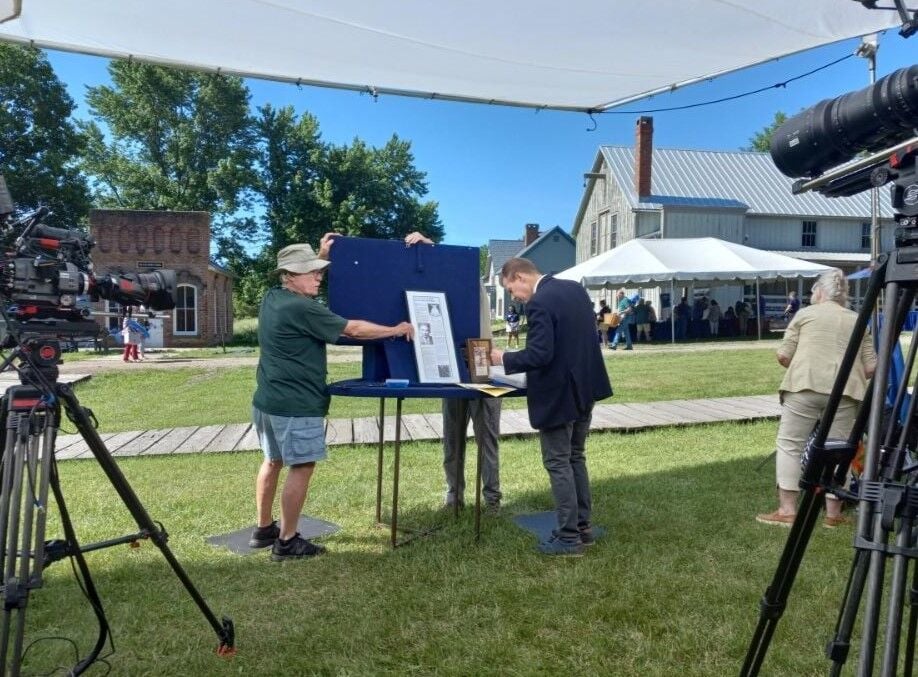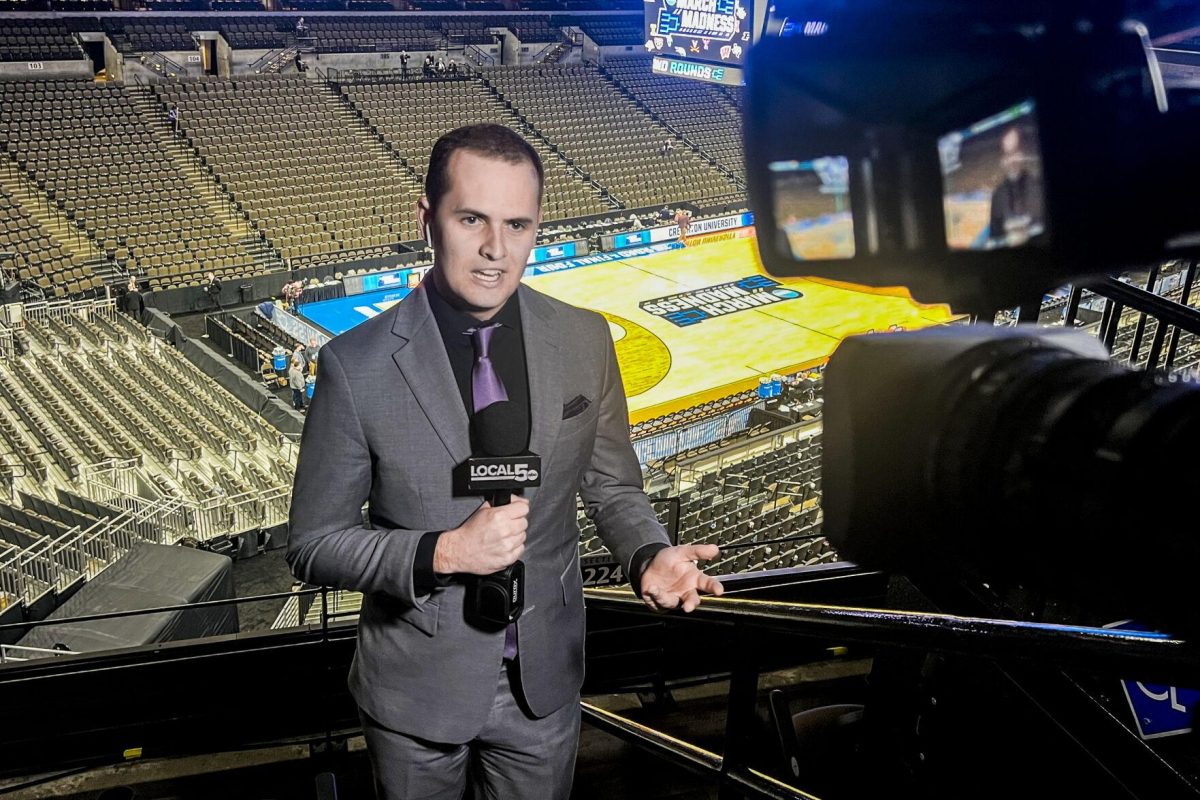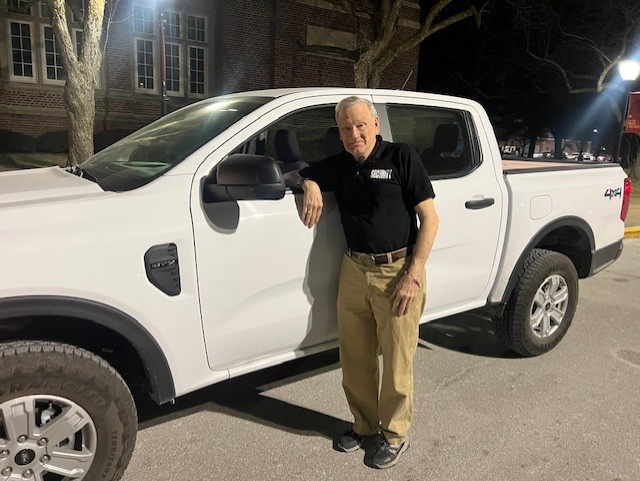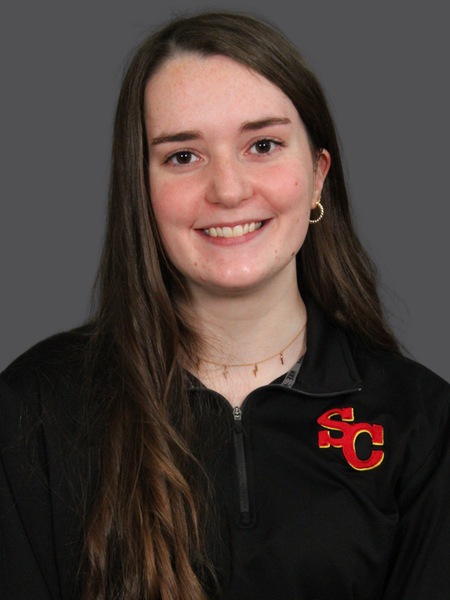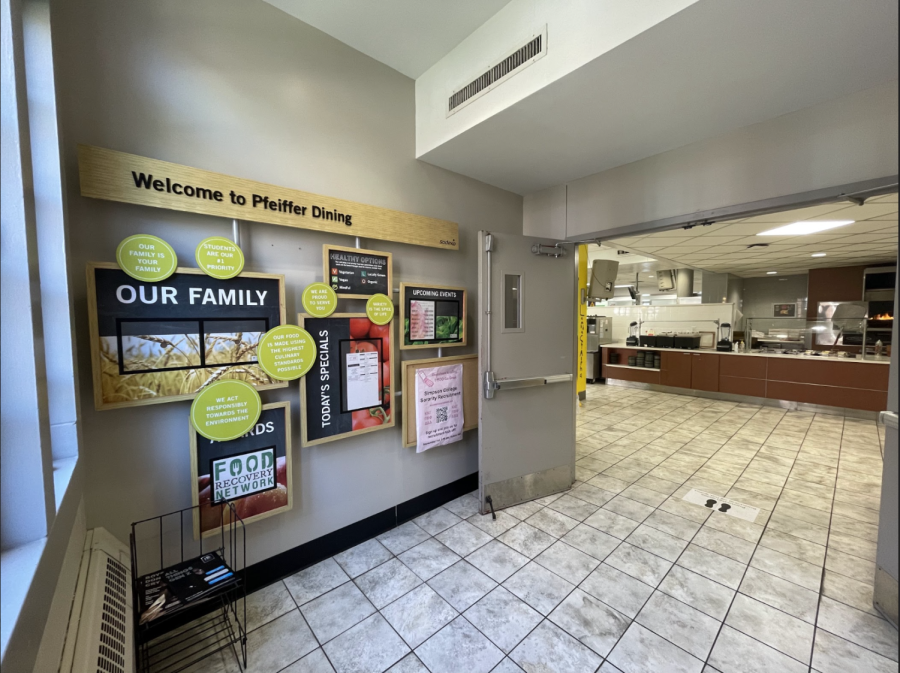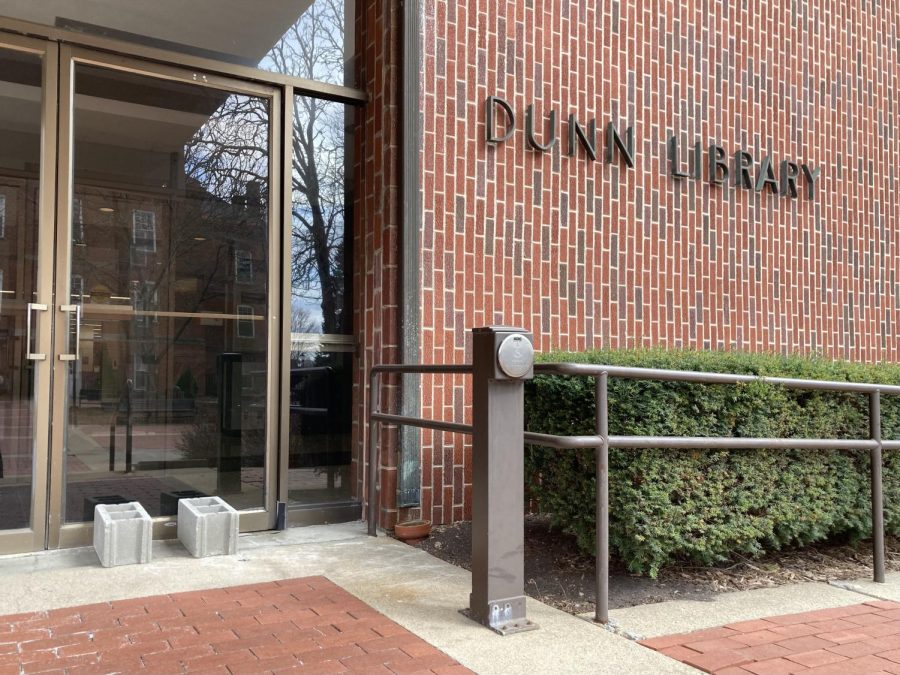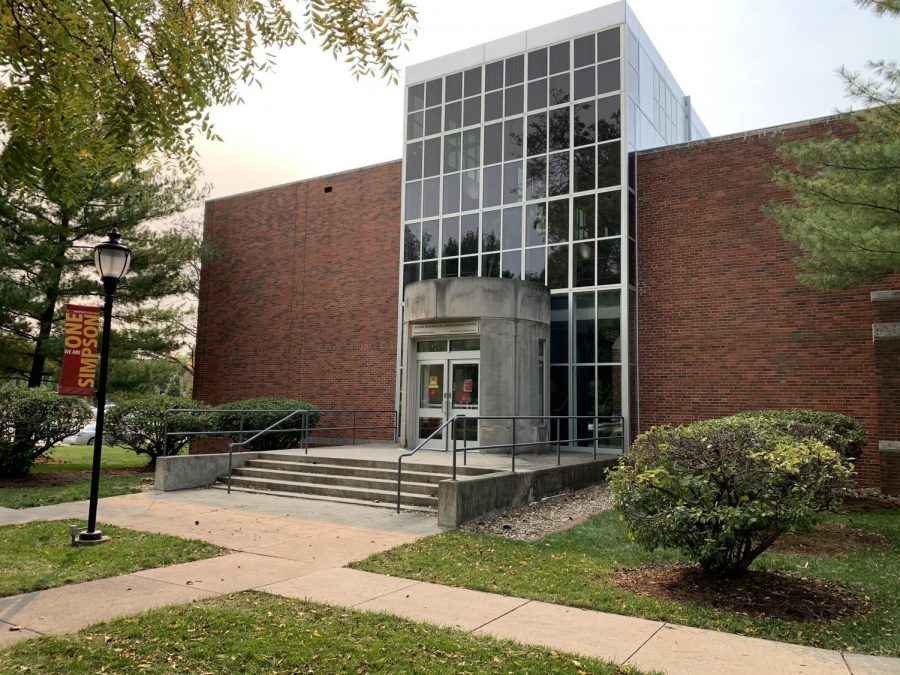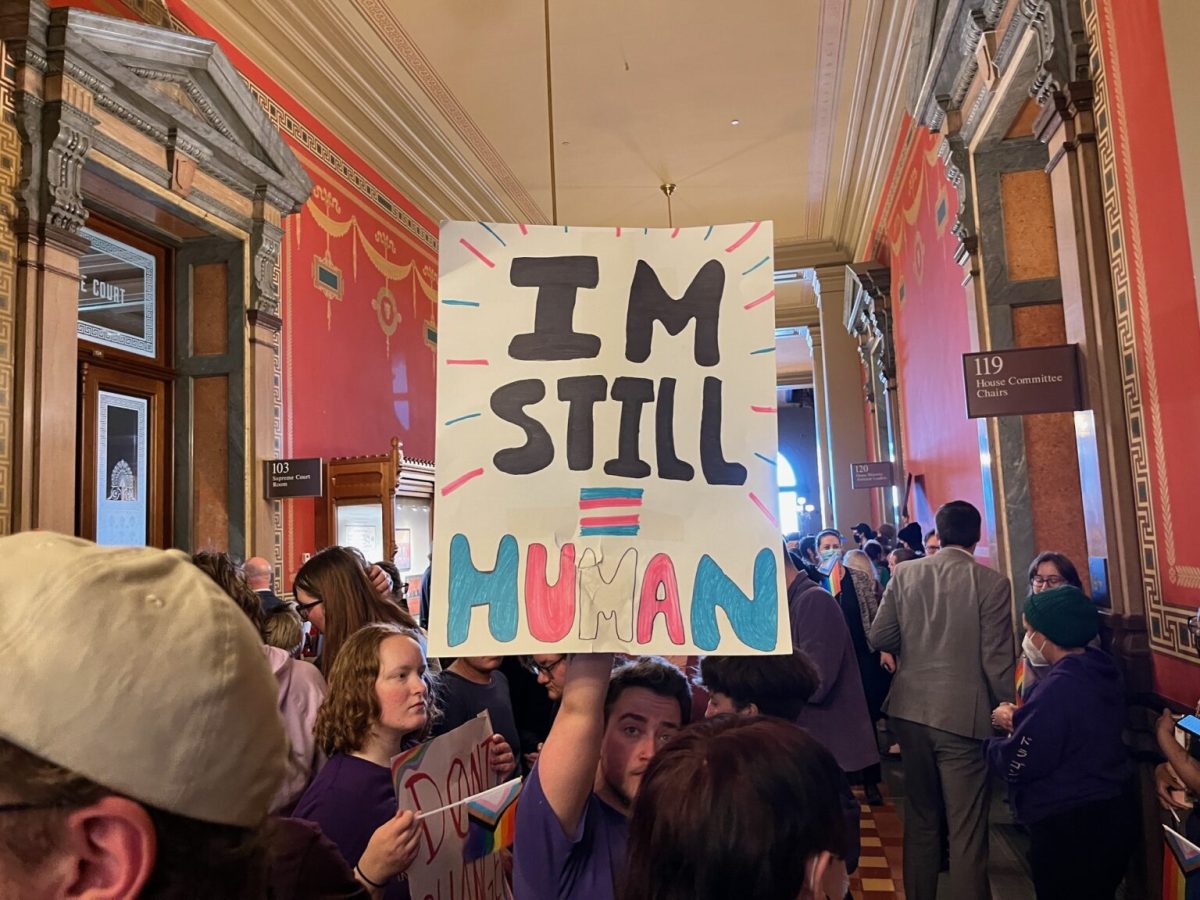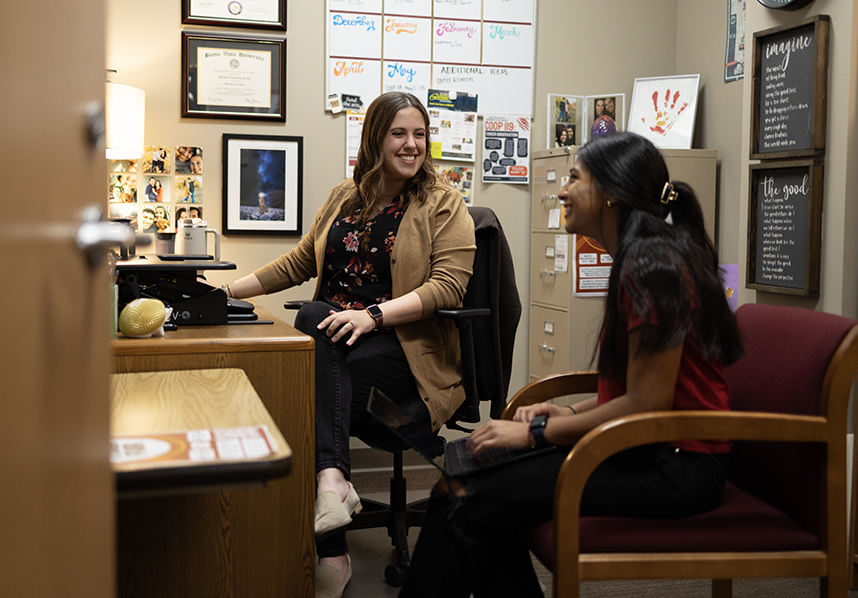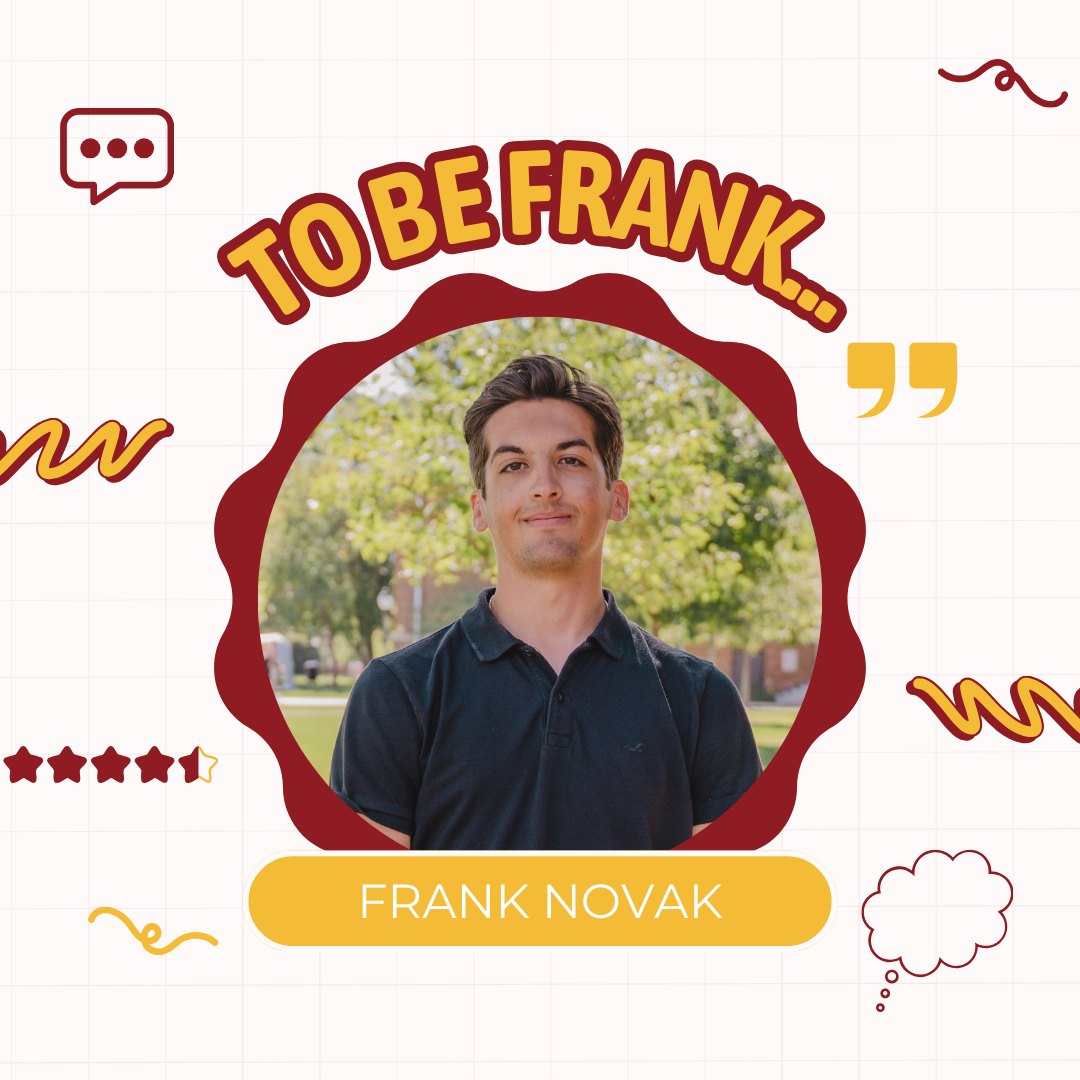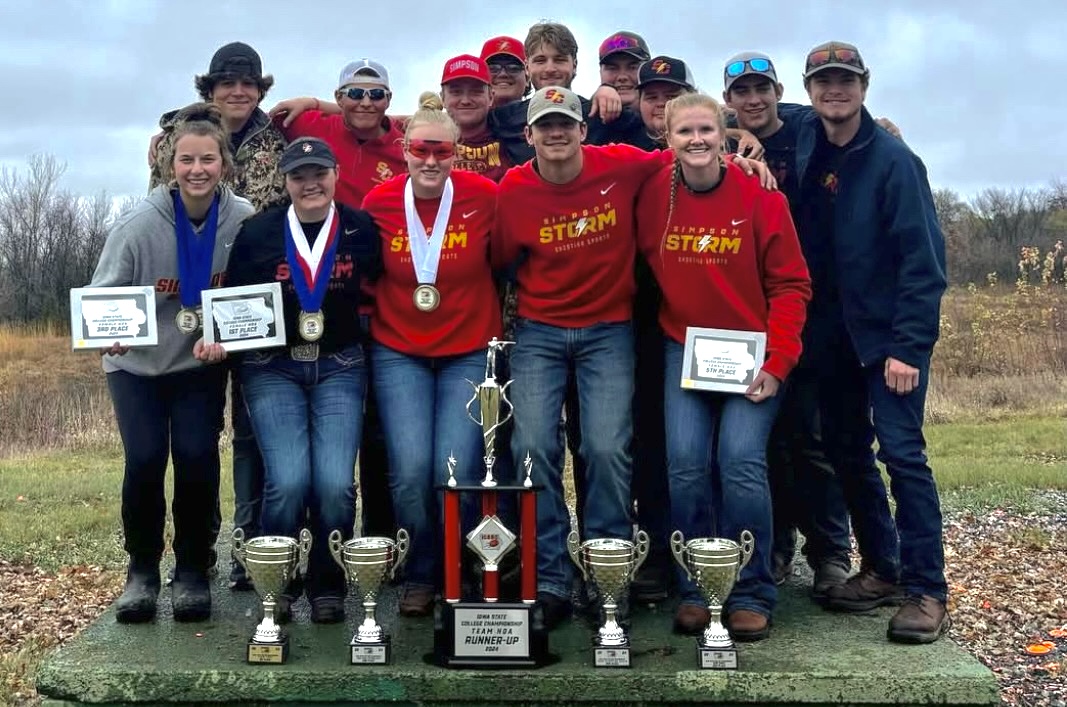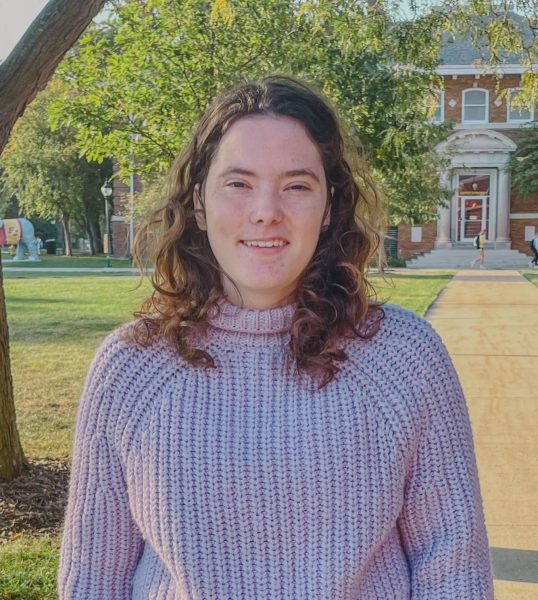Building Community From the Beginning
Throughout her childhood, Mollie Hinkle was never afraid to go against the fold and stand up for what she believed in.
Growing up in a community with less than 200 people meant everyone knew everybody’s business and, for Hinkle, this meant everyone knew her as “the weird, openly queer kid.”
Since her town was so small, she was involved in almost every activity imaginable, from band to visual arts to theater. This opportunity allowed her to explore many creative avenues which she still holds onto today.
Since she didn’t fit the heteronormative standard and her family did not have a lot of money, she was constantly belittled by those around her: “I faced a lot of bullying and grew up really poor.”
Regardless, Hinkle refuses to perpetuate the same negativity she experienced. Instead, she tries to be as kind as possible and promote group bonding.
“How I carry myself today comes from the fact that I was not treated well as a child,” said Hinkle. “I try to be someone who leads with empathy and carries myself with compassion.”
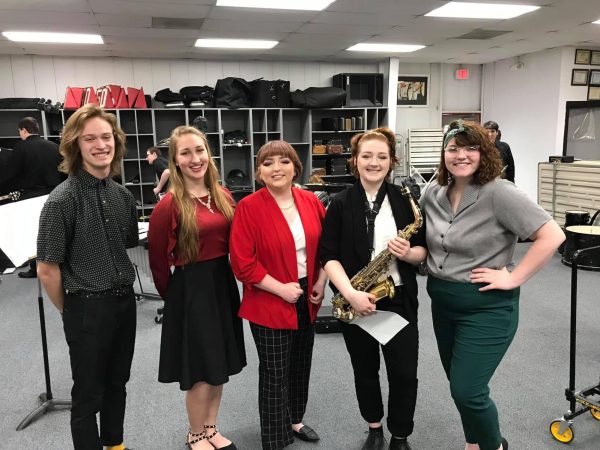
Her College Experience
Her time in college proved her community-based mindset. Hinkle was heavily involved in various departments and extracurriculars, demonstrating her vast array of interests and joy in connecting with others.
She began college as a forensics science major but quickly changed her mind after enjoying her history course more than biology. Eventually, she settled on a philosophy major with a history minor, focusing particularly on systems of oppression and the 17th to 19th centuries.
“I’m definitely more of a social, micro historian,” Hinkle said. “I like focusing on the very niche, not-broad parts of history.”
These minute topics included anything from the intersection of U.S. religion and gender to European imperialism.
However, her pursuits stretched beyond academics.
During her first year, she joined theater, participated in the cleverly-named bee club, Simpson Swarm, knocked on countless doors for the Bernie campaign, and regularly attended PRIDE meetings.
Although she became less involved her sophomore year due to the COVID-19 pandemic, she started participating in as much as she could in her last two years. She delved further into the theater department and even became the props undergraduate assistant.
As part of her UGA position, she designed the props for the double-bill opera, “Gallantry” and “Trouble in Tahiti”, with impressive attention to detail and a creative spark. She is particularly proud of convincing Rick Goetz and Natalie Hining, her supervisors, to let her spend $50 on fancy plates for the show and hand-sculpting pieces of cereal that were on stage for a matter of minutes.
Hinkle said working on props was the perfect combination of everything she loves: “I got to use artistic expression, my history background, my philosophy background and my love for performance.”
Her work in the theater department was not only backstage; she also played a lead role in “Twilight Bowl”, a drama about six young women spending a night at a bowling alley to “celebrate” their friend’s last moments of freedom before being sent to prison. Hinkle played Jaycee, a young teen heading to jail.
Even though she could not relate much to Jaycee, she greatly enjoyed exploring the character.
“Playing Jaycee was very cathartic, almost like I was unlocking a bunch of secrets only I got to hold,” said Hinkle.
These leadership opportunities and life-long memories made it unsurprising when Hinkle said, “Simpson was definitely the right choice.”
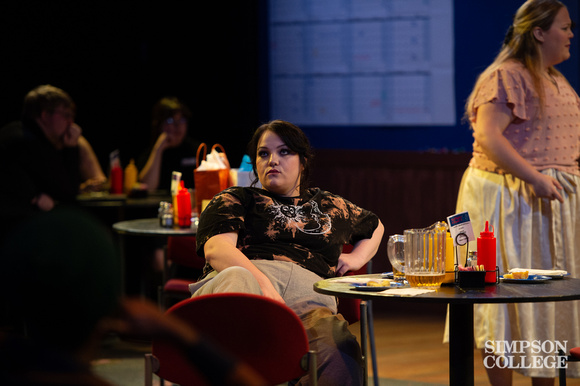
The Path to a Diagnosis
Despite her significant involvement, Hinkle was struggling physically and had a difficult time receiving her fibromyalgia diagnosis.
She had grown up watching her mom struggle with this illness and wondering if she had it as well. However, it wasn’t until her pain became so severe in her first year of college that she decided to pursue a doctor’s opinion.
The first doctor she saw was terrible. He dismissed her experience and wrote everything off as mental illness.
“He was basically like ‘you’re just anxious’ and ‘need to do some yoga,’” said Hinkle.
She moved to a new doctor afterward who was slightly better but still did not broach issues she had written in the documentation with Hinkle.
Finally, she moved to a third doctor who got her into a rheumatologist and physical therapist. After almost four years, she was diagnosed with arthritis and fibromyalgia.
Adjusting to Having a Disability
Although Hinkle has a name for her illness now, it was still a difficult adjustment to get used to being disabled.
In her hometown, talking about disabilities was extremely taboo. Hardly anyone spoke about them, and, if they did, it was only about cognitive disabilities or wheelchair users.
She was initially hesitant to even call herself disabled: “I felt like I was taking that term from someone.”
Growing up in this environment caused a lot of internalized ableism: “It’s hard asking for help after coming from a place with so much focus on independence.”
Hinkle described how this is particularly true for fibromyalgia, because it is a dynamic disability, meaning it fluctuates in severity throughout time. Sometimes, she can complete everything she needs to in a day, while other days she can barely get through it.
Being disabled does not just impact her; it also changes the way she interacts with others. The consistent pain she is experiencing makes it hard to be around people and keep performing daily tasks.
“If I don’t have energy at the end of the day, I either have to go home and rest or hang out with people and risk injuring myself further,” said Hinkle.
“ACES Came at the Perfect Time”
Hinkle worked through some of these struggles by starting ACES, a disability advocacy club, alongside student accessibility services director, Karen Lynch, and several other students: Allie Tubbs, Abby Jennings, Tempest Allred, Kenneth Norris, and Emma Haynes.
ACES, which stands for advocacy, community, education and support, is an organization dedicated to forming a community for disabled students and allies and advocating for a more inclusive campus.
Hinkle and other ACES members accomplished this by giving a presentation to Foundations II courses about disabilities and ableism. She even worked with the other members to make a Bingo game about how a disability impacts a person’s energy.
Hinkle was willing to commit extensive time and energy to this work because she knew how important the information was.
“‘I need to get this out to other people,” said Hinkle. “I want them to know that people in their family or even they could be experiencing this.”
Before ACES, the only people Hinkle spoke to about being disabled were her mother and Tubbs. Having this group helped her feel less alone and more comfortable talking about disability issues outside of those spaces.
Since Hinkle was struggling severely during her junior and senior years with her fibromyalgia and arthritis, she said, “ACES came at the perfect time.”
Transition to a Professional Role
ACES had such a profound impact on Hinkle’s college career that she was thrilled at the prospect of continuing this work as a career.
In spring 2023, Hinkle decided to apply for the student accessibility coordinator position where she proctors exams, serves as one of the advisors for ACES and advocates for more accessibility around campus. She even uses her experience as a disabled student to support those with similar struggles.
Hinkle feels honored that she gets to do this job. “I’m breaking cycles, I’m getting to educate people, people are educating me. It’s cool to be a person for others that other staff used to be for me,” she said.
Even with the change she has made, she knows there is more that needs to be done.
“Karen and I both see the ways the campus community, our office, the school in general can improve,” Hinkle said. “There are so many ways where we get really helpful feedback whether it’s from ACES, other faculty and staff or students who are utilizing our office.”
Although Hinkle doesn’t know for certain what the future holds, she is confident of this: “I am never going to stop advocating for those with disabilities.”



